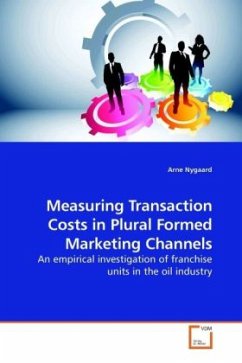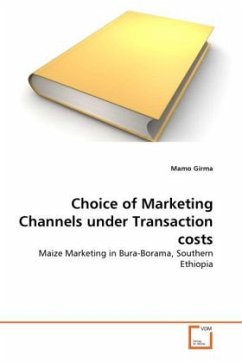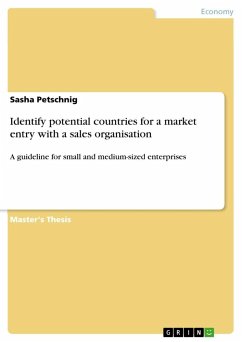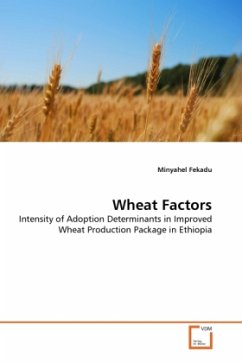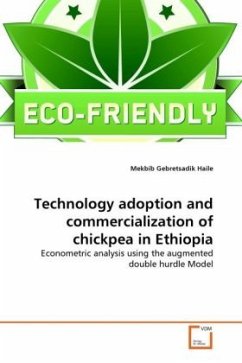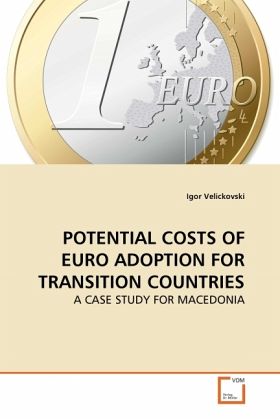
POTENTIAL COSTS OF EURO ADOPTION FOR TRANSITION COUNTRIES
A CASE STUDY FOR MACEDONIA
Versandkostenfrei!
Versandfertig in 6-10 Tagen
52,99 €
inkl. MwSt.

PAYBACK Punkte
26 °P sammeln!
This book aims to fill the empirical gap in the investigation of the potential costs for transition countries, paying particular attention to Macedonia, stemming from the adoption of euro. Three important issues in the decision to join the monetary union are investigated: i) what is the scope for an independent monetary policy, by identifying the constraints on conducting a more flexible exchange rate policy; ii) what is the need for an independent monetary policy, by analyzing the shocks and responses similarity between transition countries and the euro area; and, iii) what is the ability to ...
This book aims to fill the empirical gap in the investigation of the potential costs for transition countries, paying particular attention to Macedonia, stemming from the adoption of euro. Three important issues in the decision to join the monetary union are investigated: i) what is the scope for an independent monetary policy, by identifying the constraints on conducting a more flexible exchange rate policy; ii) what is the need for an independent monetary policy, by analyzing the shocks and responses similarity between transition countries and the euro area; and, iii) what is the ability to conduct an independent monetary policy, by estimating the interest rate pass-through. The contributions of this research are empirical in nature and are based on employing different econometric techniques: meta-regression analysis, structural VAR, Kalman filter, panel methodology and cointegration framework. This book should be useful to professionals in central banks and universities, students of macroeconomics or anyone else interested in monetary integration of the European countries.



